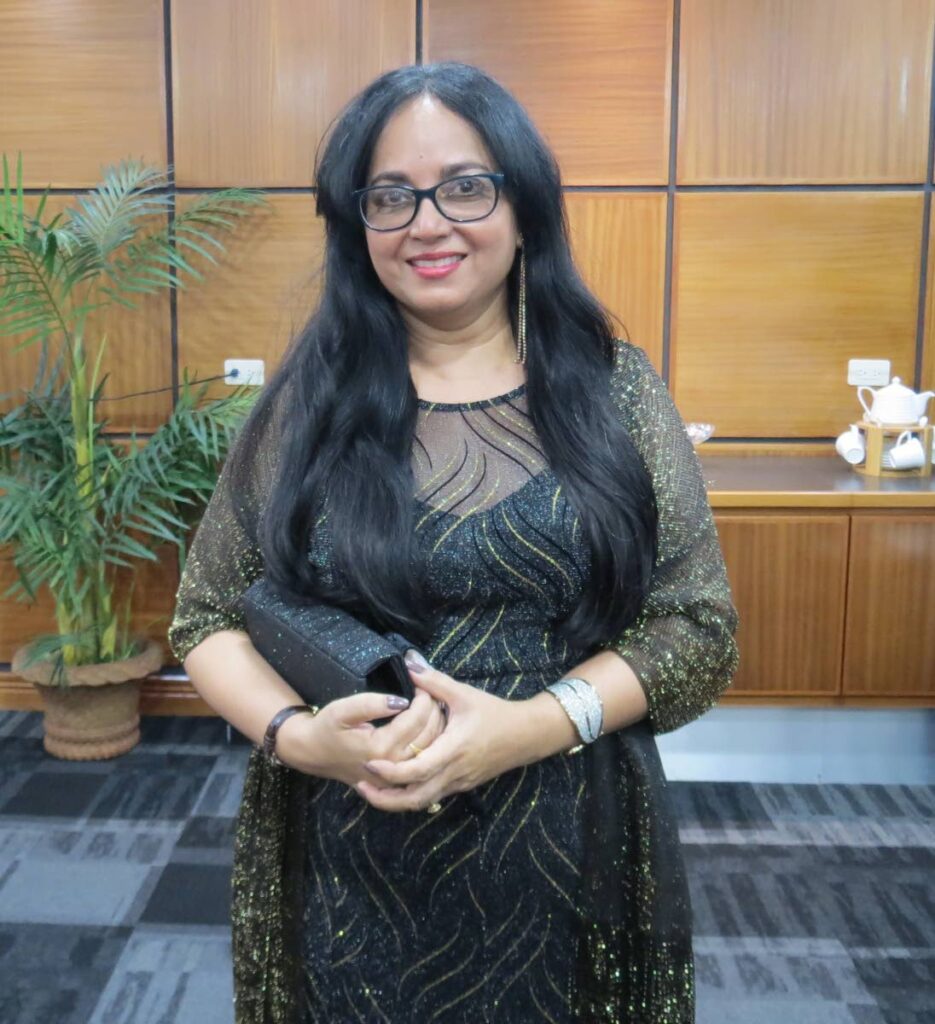The heights we can achieve in the Caribbean

I can’t stop thinking about Mia Mottley’s words: the words with which she opened her speech – was it to the summit in Glasgow? She has made so many brilliant speeches that I have lost count.
It was the one when she reflected on what it was like to come from a small Caribbean country, to lack the self-esteem that comes from being part of a first-world country that can send people to the moon and win a Nobel prize in science and technology.
She called it the barrier everyone who comes from a small island inherits: the barrier of self-contempt.
It is the barrier put up against children by a school system that is loaded against those children with musical, design and mechanical talent, sometimes genius, who are not academically inclined and so cannot pass their “Common Entrance” and get into a prestige school, so are convinced forever after that they are “less than.”
“Nothing good can come out of Bethlehem,” someone else said a few years ago of a similar situation.
It is like being from a small, backward third-world country where the core of power rests with leaders who are working in little silos, answering only to one of the violent and powerful “capos’ from within their own ranks: children with no self-esteem breeding children destined to the poverty and crime their parents will die early from.
Sounds like something from a Graham Greene novel.
Except it is not true.
To start with, those were not Mia Mottley’s words, they were Peter Minshall’s. She borrowed them for dramatic rhetorical effect, and, belying her own words, they were powerful enough to resound throughout the globe.
People listened and heard, but those words are not quite true either. Because there are growing numbers of ordinary people in the Caribbean and in TT who have done things that are changing the world.

Bob Marley never got a university degree. His built-in musical talent, like that of Machel Montano, made him world-renowned and he worked and worked and worked unremittingly.
The much-lamented George Lamming, who was memorialised all over the English-speaking world last week, never got a degree from UWI. He just sat down and wrote.
Entrepreneurs like David Mullings, Helen Bhagwansingh, Dean Akin, Curtis Eustace went through storm and struggle, stretches of uncertainty and depression, which are the most important lessons you can get on the way to success.
I remember listening silently at the back of a room one year long ago listening to Anthony N Sabga talk to a stupefied audience about his own going broke nine times before he reached financial stability. I never forgot it.
The Caribbean is more than competent to send messages to the moon and beyond through its reaches into science and technology.
Did you know that in Trinidad lives one of only 13,000 people in the world who belong to a select group of astrobiologists? Dr Shirin Haque even managed to get two stars in the sky visible from earth named after Trinidadian folk terms, Ramajay and Dingolay, so when you look up at the stars tonight and forever there will be part of TT looking back at you?
The list of Sabga Award laureates is long. There are now 54 of them, in fields not yet exhausted. They come from Suriname, Guyana, Jamaica, Barbados, St Lucia and other eastern Caribbean (OECS) islands even smaller than Barbados. They are academics, social workers, civic-society workers in NGOs that help people to learn how to help themselves
They come from fields such as youth work, educational services, religious organisations, cultural affairs, gender issues, domestic violence prevention, health, HIV/Aids, employment creation, substance abuse alleviation: anything that will benefit human and community needs.
Their very existence and the recognition of this talent is intended to show Caribbean people that they are equal in caring, creativity and intelligence to anyone who has been born in a country that produces rocket launchers, long-range ballistic missiles, fashions, or music, from children’s rhymes to orchestral symphonies.
Achievement does not have to come from academic achievement. Anthony N Sabga, who initiated the Caribbean awards that have recognised, and, through substantial monetary prizes, enabled the continuation of the work of these laureates, was self-educated, starting his working life at 12, when his father died. He just kept on going.
Today there are laureates in agriculture, medicine, entrepreneurship, arts and letters (including Marlon James, 2015 Booker Prize winner), and Lennox Honychurch from Dominica, whose work on the history of Dominica will be used by scholars for centuries to come.
There is an agricultural prince, from Guyana (where else?) who developed a form of rice that can be grown in salty water, which might just be what keeps civilisation going when wheat-growing fails and there is not enough genetically modified food left to save poor people from starvation.
From TT alone 12 laureates have been honoured. Over half were not academically inclined. They were not born with golden spoons in their mouths. They stumbled and fell over and over before they succeeded. When they started, they did not have well-known connections or jobs to slide into.
In today’s world there will never be enough wage-paying jobs for everyone, graduates or not. Most specifically needed skills are learned through developing hobbies, volunteering, or on a job, not in classrooms, and those who want to succeed in life will have to make to make their own.
Brian Lara did not learn to play cricket from a book.


Comments
"The heights we can achieve in the Caribbean"